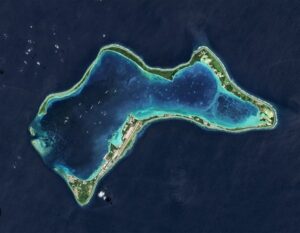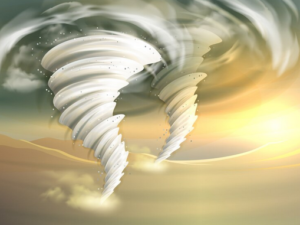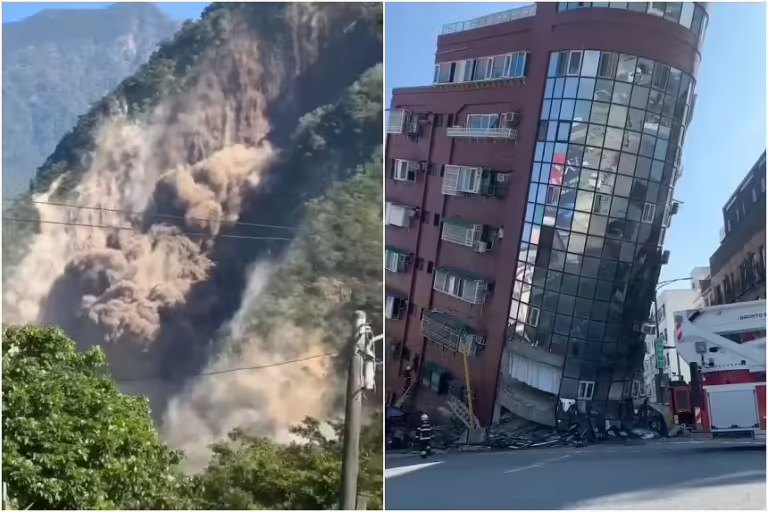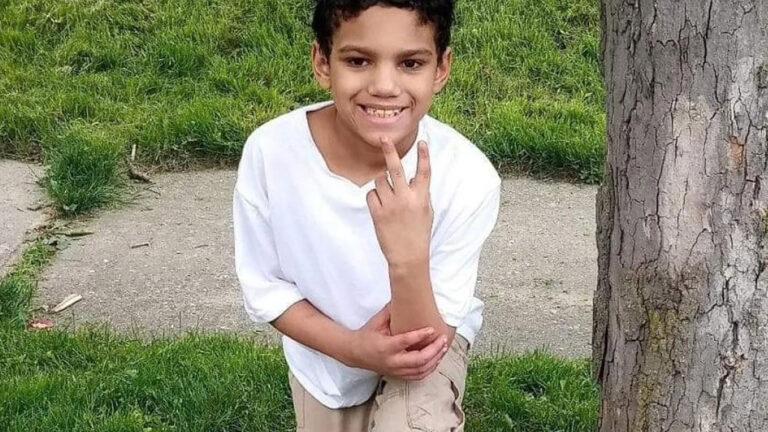
US President Joe Biden has threatened not to allow the Palestinian independence armed group Hamas and Russian President Vladimir Putin to win. “The United States is stronger now than at any time in the past,” he said.
He said these things in an address to the nation from the White House on Thursday local time. In this important speech, he talked about various issues of US national security as well as US support for Israel and Ukraine.
In addition, America is still a beacon for the whole world, the US Democratic President commented.
In addition, Biden also put Hamas, who continues to fight against Israeli aggression, and Russian President Vladimir Putin, who continues to invade Ukraine, in a row.
According to a BBC report, President Biden is comparing the Palestinian Hamas group with Russian President Vladimir Putin. “Hamas and Putin represent different threats, but their goals are the same — they both want to completely destroy their neighboring democracies,” he said.
Biden claimed, ‘Putin has denied the right of Ukraine to survive as a real state. ‘
Addressing the nation directly, President Biden said, ‘I know these conflicts are considered distant events for the United States, and it’s natural to ask the question — why should this conflict matter to Americans?
He claimed, ‘Ensuring the success of Israel and Ukraine is important for America’s national security. If we can’t stop Putin’s appetite for occupation in Ukraine, he will no longer confine himself to Ukraine. ‘
The US president said, “We are stronger than ever. America is still a beacon to the world, still.
Biden also said that he will not let Hamas and Putin win. Apart from this, he also said that he went on a secret trip to Ukraine via Poland at the beginning of this year to show support for Zelensky and Ukraine.
On the ongoing conflict in Ukraine and Gaza, Joe Biden said, ‘The risk is that the ongoing conflict and chaos could spread to other parts of the world, especially the Middle East.
He said the US and its allies were “working to build a better future” for the Middle East. That future, he claims, will be “more stable” and “more connected to its neighbours”.




















+ There are no comments
Add yours